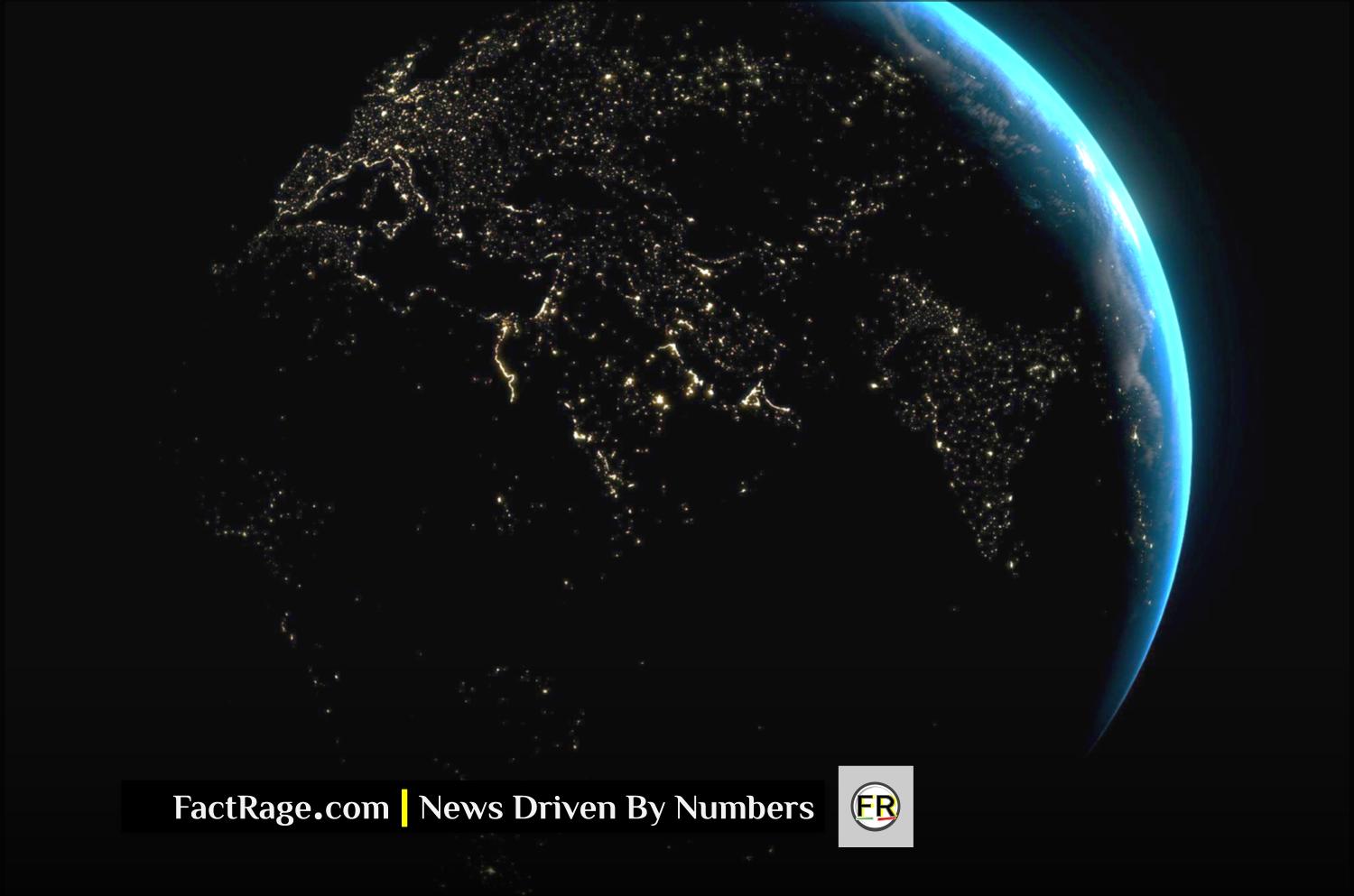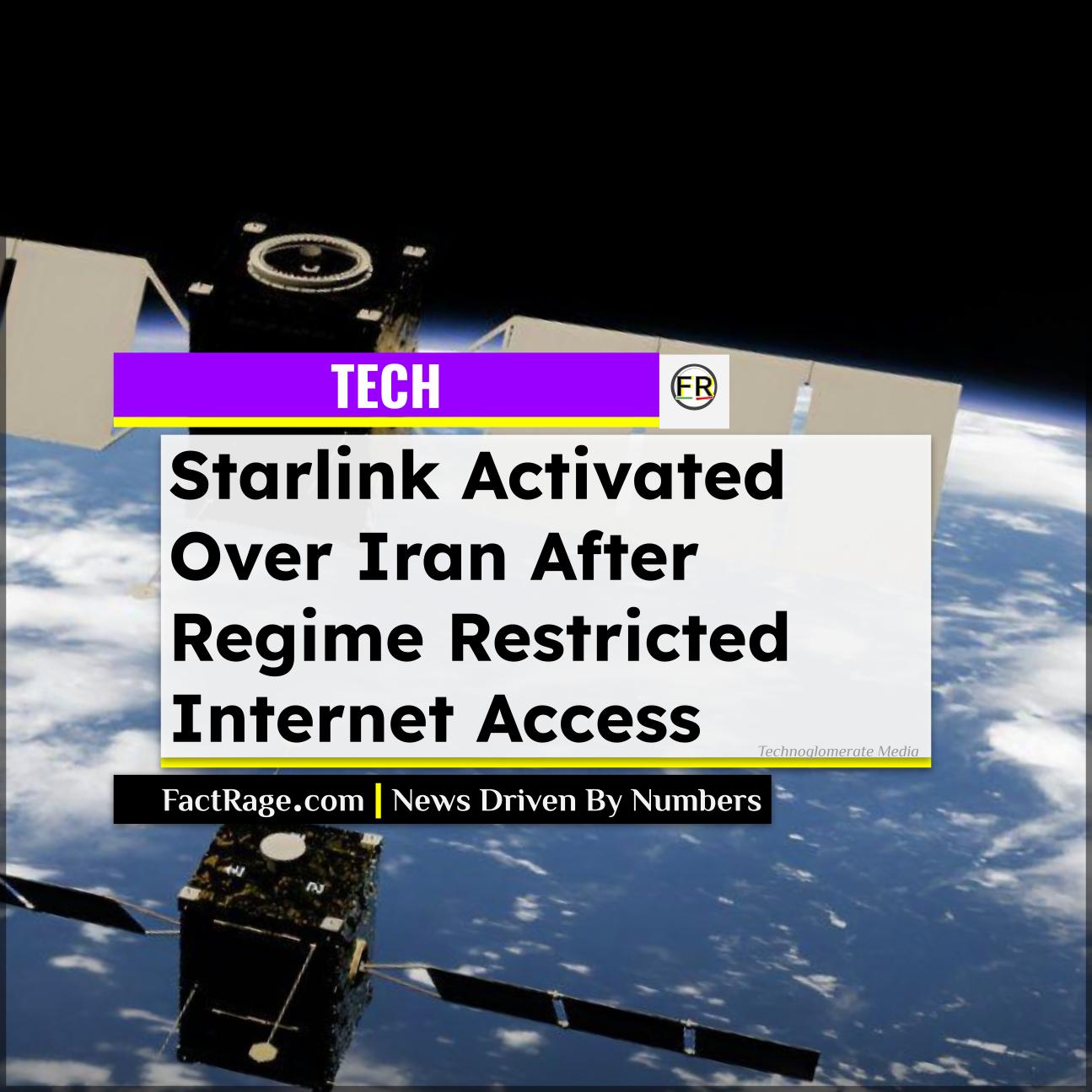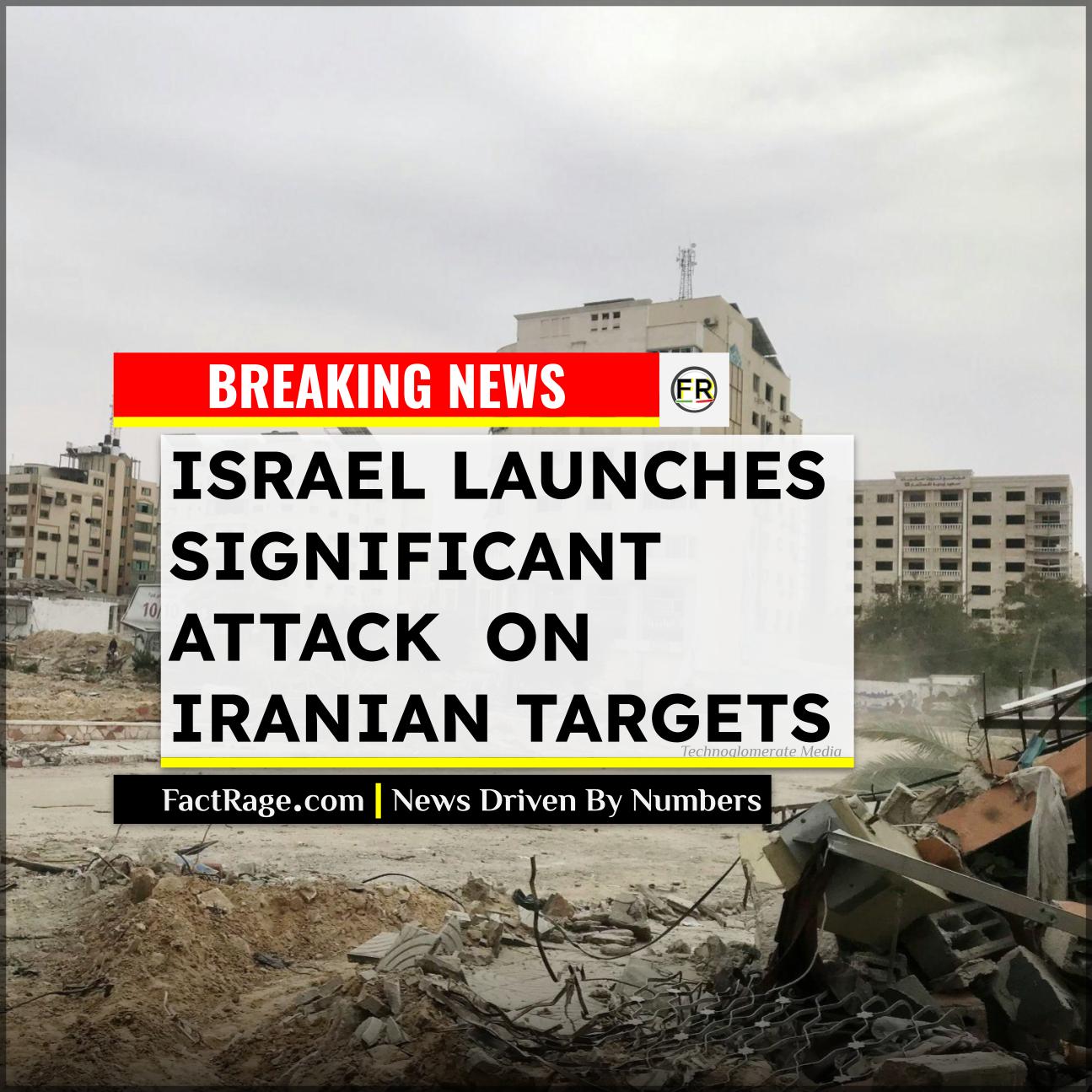IRAN – SpaceX founder Elon Musk has activated the Starlink satellite internet service over Iran after the nation’s government imposed widespread internet disruptions following reported Israeli military strikes on Friday.
Key Facts
- Musk’s Confirmation – Elon Musk announced on the social media platform X, ‘The beams are on,’ confirming that the satellite internet constellation is operational over Iran.
- Iran’s Internet Shutdown – Iran’s Communications Ministry stated that ‘temporary restrictions’ were imposed on the country’s internet due to ‘special conditions,’ effectively limiting citizens’ access to outside information.
- Geopolitical Context – The activation came after reports of Israeli strikes on Iranian nuclear facilities, prompting calls from figures like Prime Minister Benjamin Netanyahu for the Iranian people to stand against their government.
The move by the head of SpaceX aims to provide an alternative information channel for Iranian citizens cut off from the global internet by their government. What is Starlink, and how might it affect the situation on the ground?
How Starlink Bypasses Internet Blackouts

Starlink is a satellite-based internet system developed by SpaceX. It utilizes a large constellation of satellites in low-Earth orbit to provide broadband internet access. Because it doesn’t rely on ground-based infrastructure like fiber optic cables, it can deliver service to remote areas or regions where the internet has been intentionally disrupted by authorities.
To access the service, users on the ground need a Starlink terminal, a small satellite dish that receives signals from the orbiting satellites. The Iranian government’s shutdown was intended to control the flow of information and potentially stifle internal dissent during a period of heightened tension. By providing an external connection, Starlink offers a direct challenge to such state-controlled blackouts.
A Response to Regional Conflict
The decision to activate the service followed a significant escalation in the long-standing shadow war between Israel and Iran. On Friday, reports emerged of Israeli strikes targeting Iranian nuclear facilities. In the aftermath, Iran’s Communications Ministry announced the internet restrictions.
The timing of the activation is significant. Following the strikes, Israeli Prime Minister Benjamin Netanyahu released a statement distinguishing the fight as one against the “murderous Islamic regime,” not the Iranian people. Similarly, Reza Pahlavi, the exiled son of Iran’s last monarch, called for the country’s security forces to side with the populace against the government. The availability of an uncensored internet connection could play a role in how information about these events is disseminated within Iran.
What Are the Immediate Implications?
The primary challenge for Iranians seeking to use Starlink will be accessing the physical terminals required to connect to the satellite network. Smuggling these kits into the country has been a known issue, but it is unclear how widespread their availability is.
The activation represents a notable instance of a private technology company directly intervening in a foreign geopolitical conflict. By providing an open channel for communication, Musk’s action could empower citizen journalists and activists, while simultaneously complicating the Iranian government’s efforts to control the domestic narrative. The long-term impact will depend on how many people can successfully connect to the network.












